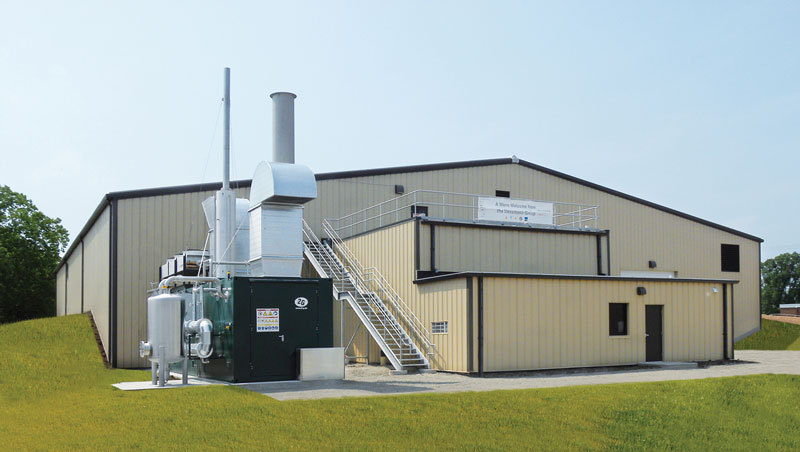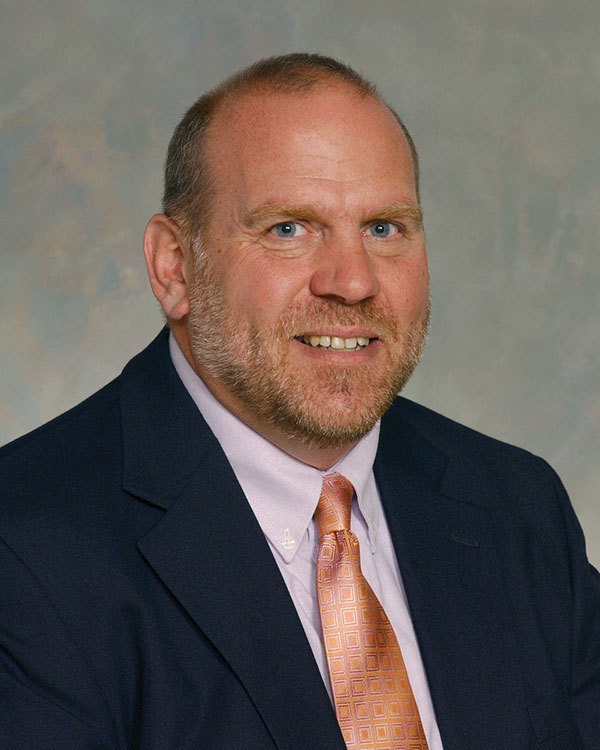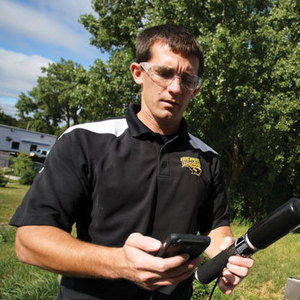Wanted: Digester Technicians










PHOTO: UNIVERSITY OF WISCONSIN-OSHKOSH
December 24, 2013
BY Chris Hanson
The lack of qualified anaerobic digester operators presents a staffing challenge to the biogas sector. To solve this problem, some universities are utilizing or developing curriculum to educate and train the workforce needed in the industry. Anaerobic digestion is still a relatively new technology in the U.S., says Caroline Henry, vice president of marketing at Quasar Energy Group. Colleges and universities can help by offering courses in biomass renewable energy that requires internships at operational facilities.
Cleveland-based Quasar, which operates 14 anaerobic digestion facilities, requires its plant operators to spend between three and six months shadowing veteran operators at the sites. Hands-on experience is the single best method of training a new operator, Henry says. “We also look for a background in mechanical engineering, chemistry and biology.”
In addition to onsite shadowing, Quasar offers internship opportunities for students working for degrees in renewable energy programs at schools such as Ohio State University’s Agricultural Technical Institute. “It’s a great opportunity for the students to gain hands-on experience in the renewable energy field,” Henry explains, adding that Quasar hires many of those students right out of school.
Advertisement
The University of Wisconsin-Oshkosh is currently proposing its own bachelor’s degree program for environmental engineering to help train future anaerobic digester and wastewater treatment personnel. “Just talking with some of our partners on our digesters and other companies in Wisconsin, they all say as they build more facilities, they are going to need operators to run those facilities,” says John Koker, dean of the college of letters and science at UW-Oshkosh. “Right now, pretty much it is either self-trained or learn-as-you-go, but that is what we hope to use our facilities for on campus to provide that training while people are still in school.”
As biogas operations continue to expand in Wisconsin, from small farming operations to larger industrial applications, the search for qualified workers presents a growing challenge. “The plant installations are going to grow faster than the trained workforce,” Koker says, “So we need to catch that workforce up.”
Currently, the campus receives interest from companies, municipalities and other universities for its dry digester system and expects to see additional interest in its wet digester facility, which is expected to be operating at the state’s largest dairy operation by the end of 2013. “If we have the wet digester operating right there onsite, I think that’s going to give us a lot of interest from people who want to come and see how it operates and fits their site,” Koker says.
Universities and schools fill the void of professional technicians most notably by providing formal education about the industry, sites for training and facilities for research and development to answer questions from operators, builders and interested clients of the biogas industry, explains Koker. “We got 70 manufacturers, industries, businesses in northeast Wisconsin to respond to a survey about what types of programs and formal training they would like for future employees, especially at the bachelor degree level,” he says.
Advertisement
The campus is in the process of formalizing suggested programs so that students can graduate with bachelor degrees to meet the technology needs in the area and be able to move into a managerial level. The proposed environmental engineering technology degree includes the fundamental studies on wastewater, environmental microbiology and environmental economics.
Students would also have the opportunity to study renewable energy, water resources management and hazardous waste management as part of the program while also being required to complete a capstone project or an internship. The renewable energy class would focus primarily on alternative energy systems.
“Before we can formally offer the program, we have to get formal approval from the Higher Learning Commission,” Koker says. “The environmental engineering technology will really be focused on biogas technicians and wastewater technicians. But all those plants will need mechanical and electrical folks as well.”
With growing interest in programs offered and in development at universities, such as ATI and UW-Oshkosh, the margin between the number of plants and workforce population might shrink. With a larger population, biogas producers and manufacturers would be able to source experienced and qualified operators to maintain and operate facilities.
Author: Chris Hanson
Staff writer, Biomass Magazine
chanson@bbiinternational.com
701-738-4970
Upcoming Events





